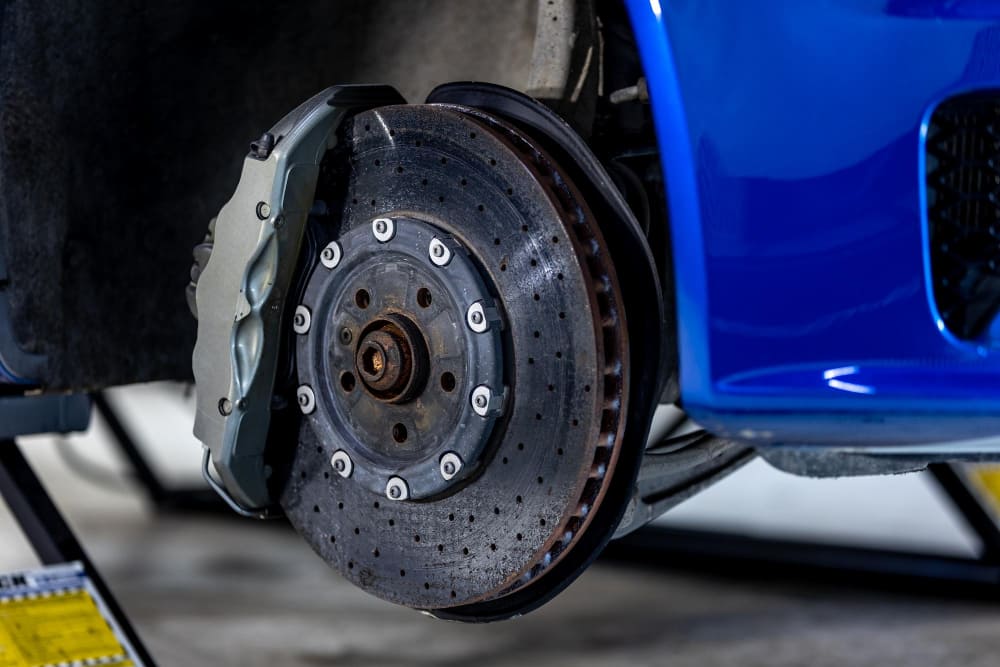Electric brakes are transforming the automotive industry with their advanced technology and benefits over traditional braking systems. This article explores how electric brakes work, their advantages, and their integration into modern cars. Harnessing Technology: The Rise of Electric Brakes in Cars
Understanding Electric Brakes
Electric brakes utilize electrical signals to activate braking mechanisms, unlike conventional hydraulic systems. This innovation allows for more precise control and efficiency, particularly in electric and hybrid vehicles.
Advantages of Electric Brakes
1. Efficiency: Electric brakes harness kinetic energy during braking, converting it into electrical energy through regenerative braking. This process improves fuel efficiency and extends the vehicle’s range.
2. Safety: The responsiveness of electric brakes enhances safety by reducing braking distance and improving traction control, crucial for emergency situations.
3. Control: Drivers benefit from enhanced control over braking force distribution, optimizing vehicle stability and performance on diverse road conditions.
Integration into Modern Cars
Automakers are increasingly adopting electric brakes across various vehicle types. The scalability of electric braking systems allows for integration with different propulsion technologies and vehicle sizes.
Technological Innovations
1. By-Wire Systems: Electric brakes are part of advanced by-wire systems that replace mechanical linkages with electronic controls, enhancing vehicle dynamics and safety.
2. Integration with Vehicle Networks: Modern electric brakes communicate with vehicle networks, enabling real-time data exchange and integration with other safety systems like ADAS.
Future Outlook
The future of electric brakes in cars looks promising, with ongoing research focused on improving efficiency, durability, and integration with autonomous driving technologies.
Environmental Impact
1. Sustainability: Electric brakes contribute to sustainability efforts by reducing carbon emissions and promoting energy conservation through regenerative braking.
2. Material Advancements: Continued research into lightweight materials and advanced manufacturing techniques enhances the performance and lifespan of electric brake components.
Conclusion
Electric brakes represent a significant technological advancement in the automotive industry, offering enhanced efficiency, safety, and control. As automakers continue to innovate, the widespread adoption of electric brakes in cars will continue to grow, shaping the future of mobility.
Stay informed about the latest developments in electric brakes and automotive technology by following our updates and insights.


